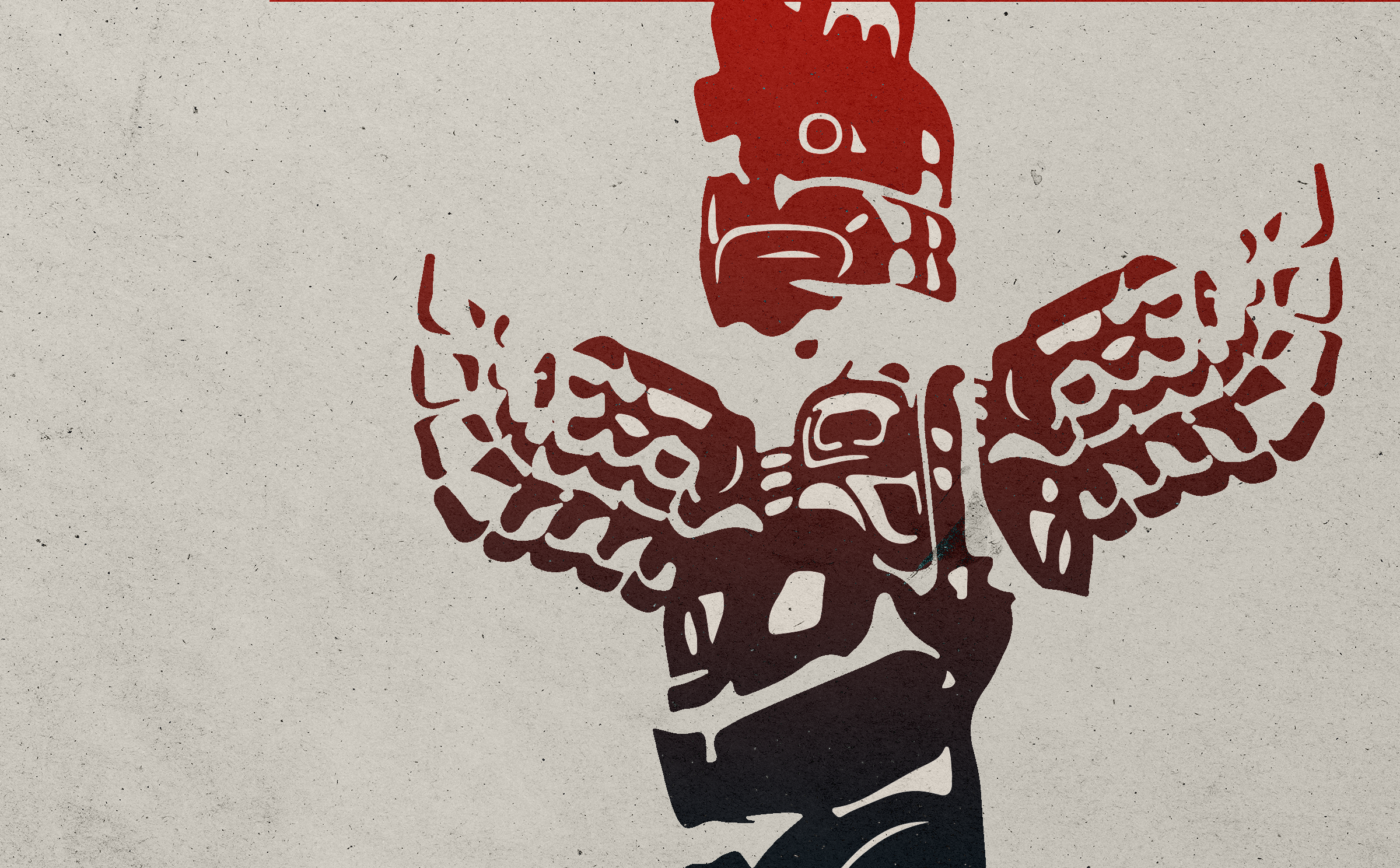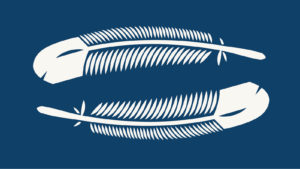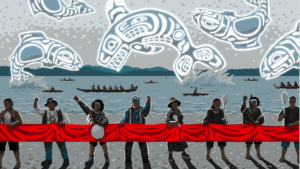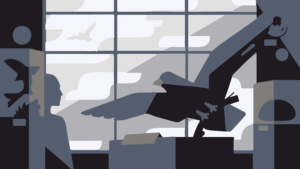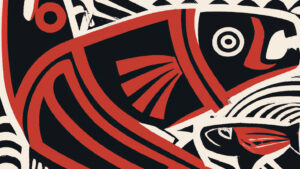These are unprecedented times. As we face down the COVID-19 pandemic and the social inequalities it has exposed and deepened, we are confronted not only with the devastating consequences of centuries of racism and inequality, but also with an active struggle to define our collective horizon.
Overwhelmingly, the social and environmental crises we face are not being met with despair. People around the country are rising up, not only to reckon with the extractive histories of racism, colonialism, and exploitation that define the contemporary landscape, but also to make history, for the common good.
We can see possibilities for the future that would have been unthinkable just months ago.
As a flexible, skunkworks framework, we’ve been working for years to model the museum of the future, one that aligns its interests with the needs of communities that are leading the fight for a safe and equitable future for all. As we bear witness to intensifying calls on society and our bedrock institutions to address systemic racism and inequality and to decolonize, this work has become all the more relevant.
In the context of the pandemic, we are engaging our networks to make lasting change in the conservation movement, in heritage and science institutions, and in the greater world. We’re proud to be partnering with the Sacred Lands Conservancy, Native Organizers Alliance, Wild Salmon Center, Center for Anthropocene Studies at the Carnegie Museum of Natural History, National Geographic Foundation, Smithsonian National Museum of the American Indian, and local communities on programs designed to shift narratives and forge the alliances needed to protect our threatened natural and cultural heritage, support tribal sovereignty, redress environmental injustice, and honor obligations to generations past, present and future.
We’ve brought together a team of a dozen Senior Fellows composed of Indigenous and allied scholars, scientists, historians, and community leaders. Over the next year, we will debut an online publication platform; media partnerships; papers and panels at academic and industry conferences; interactive digital storytelling; COVID-safe outdoor exhibitions showcasing Native-led Pacific Northwest orca, salmon, and water struggles and solutions; the research underpinning our forthcoming “people’s tribunal” that puts natural history and its colonial legacy on trial; and a series of curatorial and advocacy initiatives designed to mobilize, aggregate, interpret, and give greater visibility to a growing field of insurgents within disciplines and institutions who are forging a natural history for the future. An ecology for the future. A wildlife biology for the future. A history for the future.
That’s a preview of some of what’s to come, and below are highlights from recent work that you helped make possible.
For the future,
The Natural History Museum
Recent Highlights
Changing the Narrative: Award-Winning Media
Our award-winning films, exhibitions, journalism and events situate pressing contemporary concerns within broader narratives of science, culture and natural history, and provide on-ramps for people to take action and make an impact.
Whale People: Protectors of the Sea, a multi-channel film we produced with Lummi and Tsleil-Waututh leaders for an eponymous museum exhibition tells the story of today’s environmental emergency through the figure of the orca. This year it won an award in 3 categories at the Best Shorts Competition (Documentary Short, Native American /Aboriginal Peoples, and Nature /Environment /Wildlife), and is an official selection at the 2020 Cannes International Film Festival, International Wildlife Film Festival (IWFF), American Documentary and Animation Film Festival, Toronto Short Film Festival, Toronto Beaches Film Festival, Woodstock Museum Film Festival, and Dreamspeakers International Film Festival, and it’s now part of the IFWW Educator’s Package used by teachers for 3rd grade to university and graduate level programs.
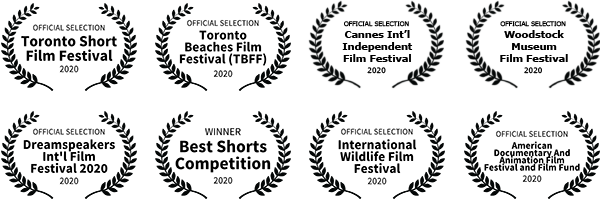
NHM Narrative Change Director Julian Brave Noisecat’s writing uplifts Indigenous knowledge and leadership in climate and environmental justice movements, and was recently featured in outlets ranging from The New York Times to The Atlantic to Rolling Stone:
The McGirt Case Is a Historic Win for Tribes | The Atlantic
The Standing Rock Generation Is Changing The World | Rolling Stone
We Need Indigenous Wisdom to Survive The Apocalypse | The Walrus
It’s time to stop using Native team names and mascots, period. / ESPN’s The Undefeated
Socially Distanced Powwows | The California Sunday Magazine
How to Survive an Apocalypse and Keep Dreaming | The Nation
In Search of Promised Lands | Canadian Geographic
Perhaps the World Ends Here | Harper’s
Why Alcatraz Matters to Native Americans | The New York Times
Alcatraz Is Not An Island | SF MOMA’s Open Space Magazine
How the Alcatraz Occupation of 1969 Sparked the Native American Civil Rights Movement | WNYC’s The Takeaway
Julian also led an effort to organize the Alcatraz Canoe Journey on Indigenous People’s Day 2019. Canoes representing tribes, communities and families from as far North as Canada and as far West as Hawaii converged on San Francisco Bay to commemorate the 50th anniversary of the Occupation of Alcatraz, highlighting the urgent need to protect water that sustains life, and demonstrate the potential for Indigenous values to lead the way forward in the context of a planet at risk.

Hosted at Bay Area museums, Alcatraz, An Unfinished Occupation, explored the legacy of the occupation of Alcatraz and the Red Power Movement. This four-part speaker series featured conversations with Indigenous leaders about historical truths, enduring challenges, and the way forward.
“Oscar for Museums”, Grist 50 list, and the Creative Capital Award

Each year, the nonprofit media organization Grist searches high and low for the most inspiring innovators and do-ers working on fresh solutions to the planet’s biggest problems. The result is a collection of 50 Fixers working to build a sustainable world that works for everyone. We are thrilled that NHM’s Narrative Change Director Julian Brave Noisecat and Executive Director Beka Economopoulos were both named in this year’s Grist 50 round-up of top fifty environmental leaders.
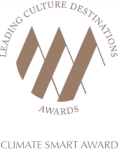
The Natural History Museum was a finalist for an international “Oscar for Museums” by the Leading Culture Destination Awards in Berlin, co-sponsored by The New York Times and UK-based Lord Consulting, the world’s largest museum consultancy. The award recognizes a museum or large-scale public art project that has made a significant contribution to the fight against climate change. Past winners have included The Science Express in India, Climarte in Melbourne, The Franklin Institute in Philadelphia, PA, and England’s Manchester Museum.

We’re honored to have been selected from more than 4,000 applicants for the prestigious 2020 Creative Capital Award to develop “The Supreme Court of Red Natural History”, a collaboration with the Native Organizers Alliance, the Center for Anthropocene Studies at the Carnegie Museum of Natural History, and Dutch artist Jonas Staal. This exhibition and multi-day “People’s Tribunal”–a participatory event used by grassroots communities to hold institutions, industries, and states accountable–will assemble Native leaders, environmentalists, scientists, and scholars within a replica of the U.S. Supreme Court chambers to put natural history and its colonial legacy “on trial”, enforcing the recognition of a split–a ruling of sorts–between the extractivist history of natural history and a natural history that actively challenges the logic of nature-as-resource. It culminates with the formation of an alliance that can create impact beyond the duration of the exhibition, furthering the possibility of a natural history for the future. Read more about it here.
Building the Field: Talks, Workshops and Trainings
Through talks, workshops, trainings and retreats, NHM team members are sharing theory and praxis and helping to build alliances and a community of practice within the fields of museum education and curation, anthropology, cultural geography, environmental studies and the preservation of biocultural diversity. Recent venues for these field-building efforts included the annual conferences of the Association of Tribal Archives, Libraries and Museums; American Anthropology Association; Association of Science Museum Directors; Council for Museum Anthropology; and College Art Association; the University of Oregon’s Environmental Ethics program; Curating and Public Scholarship Lab at Concordia University; the Ruhrtriennale in Bochum, Germany; Camera Austria in Graz, Austria; the Experimental Humanities and Social Engagement program at New York University; the Department of Art & Architecture at the University of Pittsburgh; and the U.S. Department of Arts and Culture’s “Honoring Native Land” strategy convening.
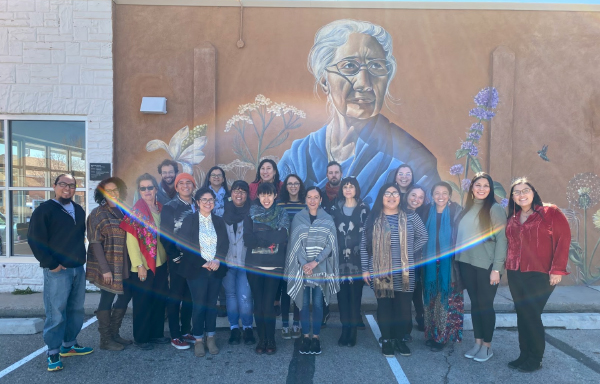
Thank you!
The Natural History Museum’s programs are made possible thanks to support from the Canada Council of the Arts, Compton Foundation, Chorus Foundation, Creative Capital, Heinz Foundation, Hewlett Foundation, Invoking the Pause, Nathan Cummings Foundation, National Geographic Foundation, Overbrook Foundation, Patagonia Foundation, Resource Legacy Fund, Scintilla Foundation, 4Culture, and countless individuals.
Please consider making a tax-deductible contribution today! Your support goes a long way.

